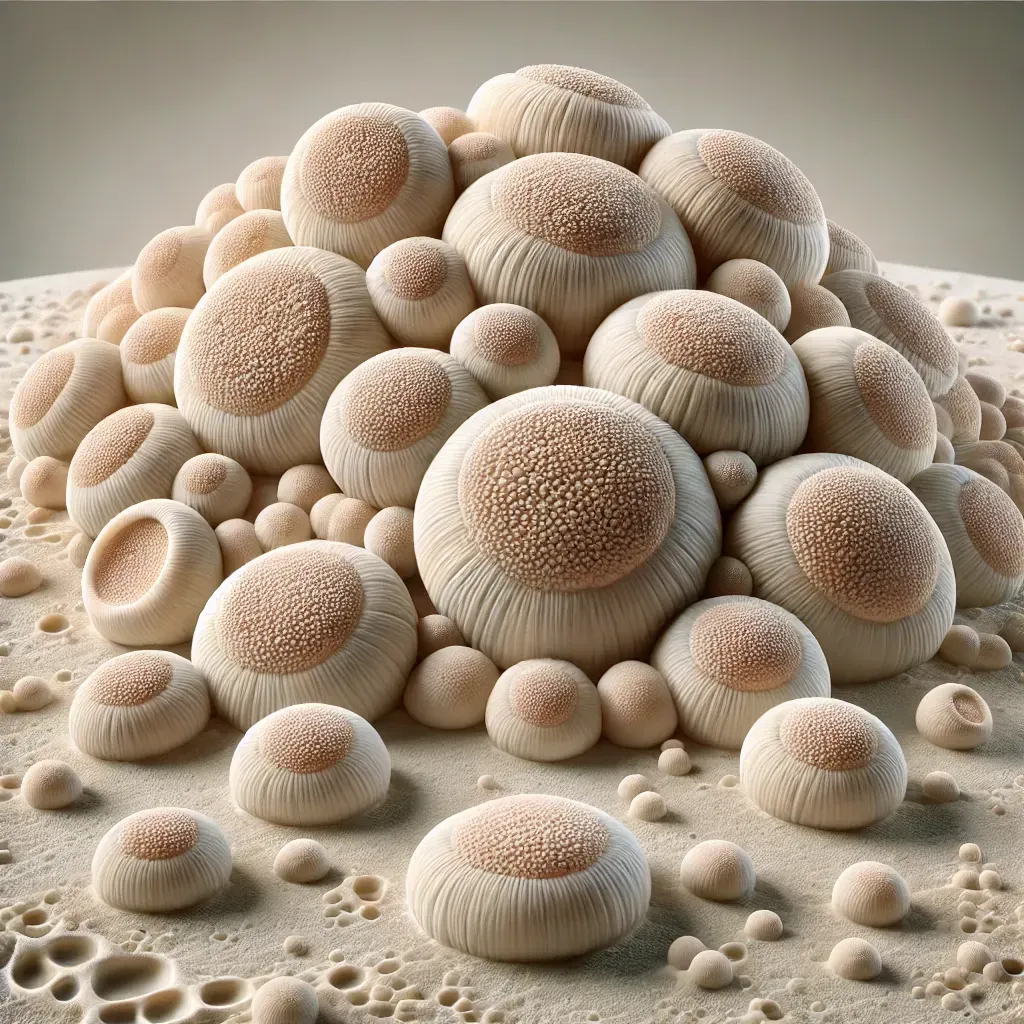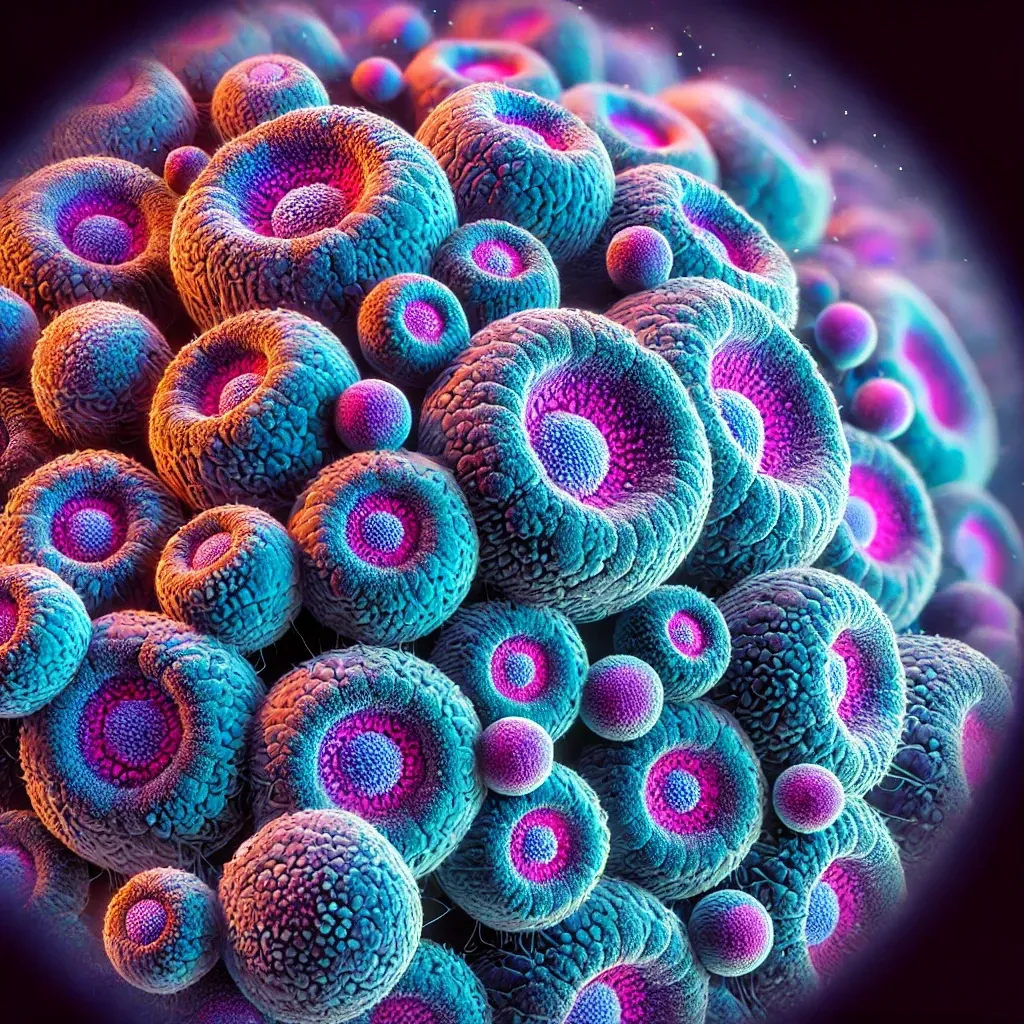Stress Part 2: The Break Down
Chronic Stress - The Break Down
Did you see what I did there with the title? Clever, but also serious. Chronic stress plays a pivotal role on the mind and body, and also the mind-body connection. Cortisol, the stress hormone, can give an individual a much needed burst of energy in a given situation, but if not properly managed, long-term it can wear down the brain and even destroy cells.
Anabolic - Good Stress
In an anabolic state, the immune system is rebuilding, repairing, literally re-constructing tissues. This is like renovating a house by painting, landscaping and replacing a leaky roof. When you are anabolic, your body is in a state of constant regeneration, repairing blood vessels and heart tissue, rebuilding old bone and even destroying cancerous cells.
Catabolic - "Bad Stress"
The catabolic state is the breakdown state. The word catabolic comes from the Greek word for cataclysm, or disaster. It is a well-chosen term since too much time spent in a catabolic state has disastrous effects on your health. This breakdown or destruction phase occurs when your body is operating under stressful conditions and isn’t able to repair itself adequately. Under catabolic conditions, we breakdown our own muscle, organs and bone. This breakdown ultimately leads to degenerative diseases.
It's About Balance
We maintain a strong immune system when our bodies spend more time in repairing than breaking down. A healthy immune system prevents the development of many chronic degenerative diseases:
- We have cancer cells that grow in us each day and it’s our immune system’s job to destroy those cells so that tumors don’t develop.
- Our blood vessels and heart require constant renewal to prevent the plaquing that causes cardiovascular disease.
- Our bodies are constantly breaking down and repairing bone and joint tissue--if this breakdown process is blocked, osteoporosis and arthritis occur.
Prolonged immune system stress can lead the body to attack itself resulting in autoimmune diseases such as lupus, multiple sclerosis and rheumatoid arthritis.
The Mind Matters Too
In addition to physical side effects, chronic stress can impair cognitive function and affect emotional state as well. There is a visible change in brain structure when an individual experiences stress. If this stress goes unchecked, it can impact the hippocampus, amygdala and prefrontal cortex--the areas of the brain responsible for learning and memory [1]. These parts of the brain are also responsible for regulating the HPA axis. With prolonged stress, the body is susceptible to HPA-D, which is a leading contributor for many health concerns. Stay tuned for my next blog in this series for more detailed information on this.
Your health status, whether you are predominantly in a repair state or breakdown state, can be measured by a variety of lab tests. This information allows you to address chronic degenerative diseases in their earliest stages, long before a pathological condition has developed.
People experience stress in one (or a combination) of three ways: emotional, dietary, pain/hidden inflammation. You might be experiencing chronic stress and not even be aware of how it is affecting your body and mind. Symptoms of stress include:
- Easily agitated, frustrated, moody, poor judgment
- Feeling overwhelmed, constantly worrying
- Difficulty relaxing, racing thoughts, inability to focus
- Low self-esteem, loneliness, depression
- Fatigue, insomnia
- Headaches
- Gastrointestinal issues (diarrhea, constipation, nausea)
- Chest pain
- Loss of libido
Does this sound like you on repeat? I GET IT!
And I know how to help you so your body can start healing. Sign up for a 20-minute Health Discovery Session
with me for $49 and we’ll get you started on a path toward better health and reduced stress today.
Source:
https://blog.bioticsresearch.com/stress-the-mind-body-connection-part-1
Don't Miss Out!

Heidi Toy Functional Medicine Blog

Omega-3 and Omega-6 are considered “essential” fatty acids because they cannot be produced by the body--we get them from the food we eat. They are biologically active upon ingestion, which means the body utilizes them right away and cannot store them up for later. They are essential because they help with both inflammatory and anti-inflammatory responses.

One of the reasons fad diets often fail is because they are not sustainable. The other reason is because they usually harm different systems in the body as much as they are meant to help. As with all health issues, when it comes to diet, everything should be in moderation. The following five diet points all involve TOO much of a “good thing”:




















































































